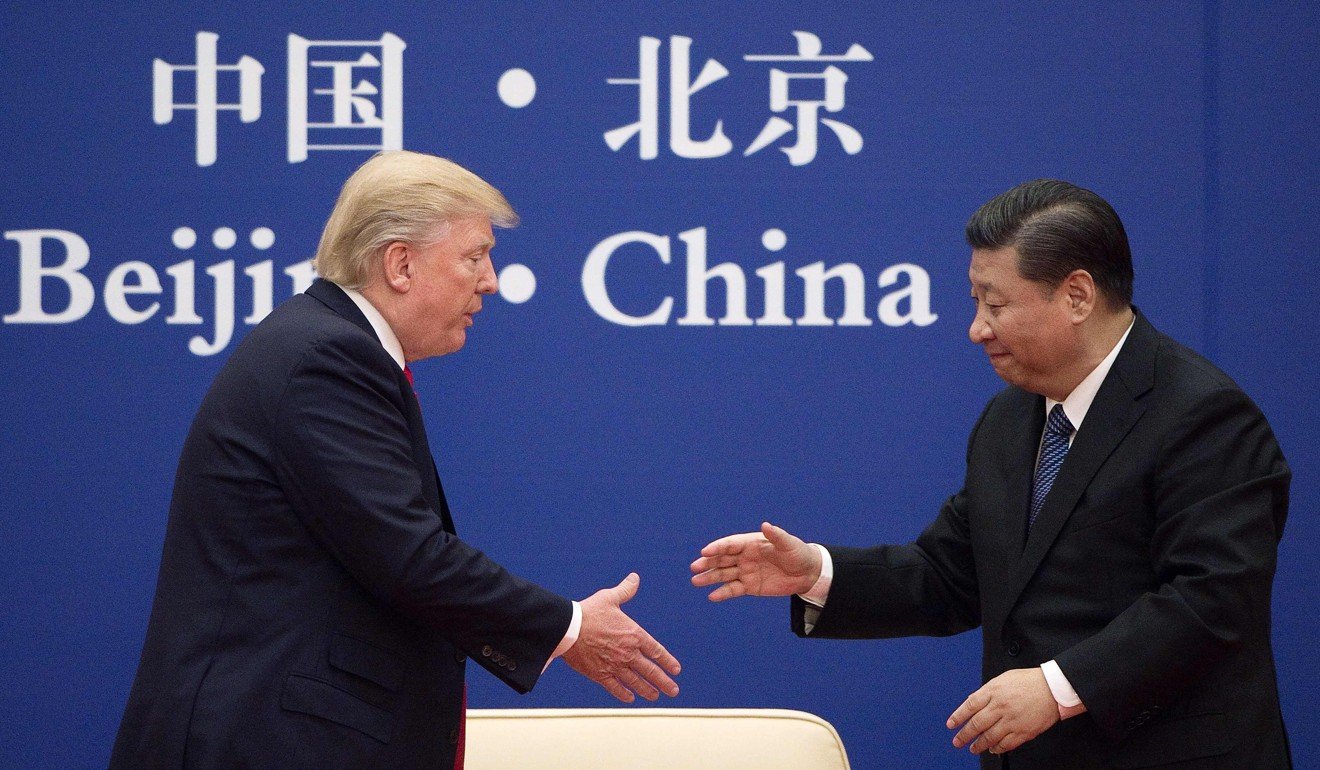
US ramps up pressure on China, rejecting market economy status at WTO
Analysts say relations between world’s two biggest economies will be put to the test as US takes action on trade
The United States on Thursday told the World Trade Organisation it opposed giving China market economy status, as Washington continues to ramp up the pressure on Beijing.
Washington’s rejection of Beijing’s bid to be recognised as a market economy came just days after the US Commerce Department launched a “self-initiated” anti-dumping investigation into Chinese aluminium alloy sheet – the first time the US has taken such an action against a trading partner since 1991.
Chinese analysts expected relations between the world’s two biggest economies would be put to the test as the US took action, but they said an all-out trade war remained unlikely.
China’s foreign ministry spokesman Geng Shuang said at a regular briefing on Friday that the US practice of using a third country to measure the cost of Chinese products in anti-dumping cases must end, and that its opposition to granting China market economy status harked back to the cold war.
China would see much lower anti-dumping duties imposed on its goods if it was deemed a market economy because that status would mean it was not subject to third-country price comparisons.

Either way, it is a challenge for Beijing, analysts and researchers said.
Liu Xuezhi, an analyst at the Bank of Communications in Shanghai, said China’s strong exports to the US this year – and a large trade surplus with the country – had pushed Trump to take a tougher line.
China’s exports to the US in the first 10 months grew 11.2 per cent from a year earlier, to US$346.8 billion. That saw China’s trade surplus with the US widen by 7.3 per cent to US$225 billion in the same period, according to Chinese customs figures.
Given that industries with overcapacity such as aluminium would be the focus of the anti-dumping investigation, Liu said it could add to pressure on Beijing to “eliminate excess production facilities, upgrade domestic industries and improve the export structure”.
But Nomura chief China economist Zhao Yang said the frictions were unlikely to escalate into a full-scale trade war.
“Trump has to do something to fulfil his campaign promises, but I don’t think the [bilateral] trade imbalance will be altered fundamentally,” he said.
Trump accused China of currency manipulation and threatened heavy tariffs to solve the trade imbalance during his election campaign, but his tone has softened since he met Xi in Florida in April.
Beijing has already made some trade concessions. In addition to the US$250 billion of deals signed during Trump’s first Beijing visit last month, China has also promised to open its financial market wider by allowing foreign control of financial institutions in coming years.
Meanwhile, there is dispute over the figures. According to the US, its trade deficit with China was US$340 billion last year. But China’s data suggests it was much lower, at US$254 billion.
According to Louis Kuijs, chief Asia economist at Oxford Economics, that deficit could climb even higher this year – close to US$370 billion – stoking tensions over trade.
“The Trump administration remains deeply unhappy with the US-China trade and investment relationship and has been exploring various ways to take policy action to force changes,” he wrote in a research note.
Added to that, one of their few channels to negotiate, the Comprehensive Economic Dialogue, has “stalled” and there are no plans to revive it, David Malpass, US treasury undersecretary for international affairs, told the Financial Times on Thursday.
Chen Fengying, a senior researcher with the China Institutes of Contemporary International Relations, said relations between the two countries over trade had “now entered a key stage”.
She said the China hawks in the Trump administration had been plotting the recent moves, which were part of US efforts to contain China’s rise on the world stage.
“This competition between the two countries will be a permanent fixture … the balance of power is now tilting towards China,” Chen said.

